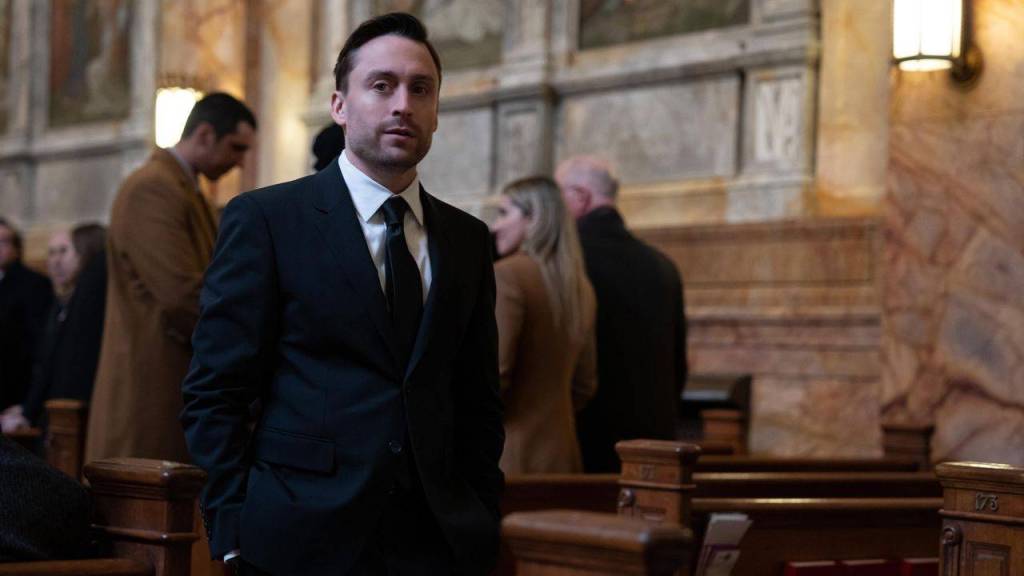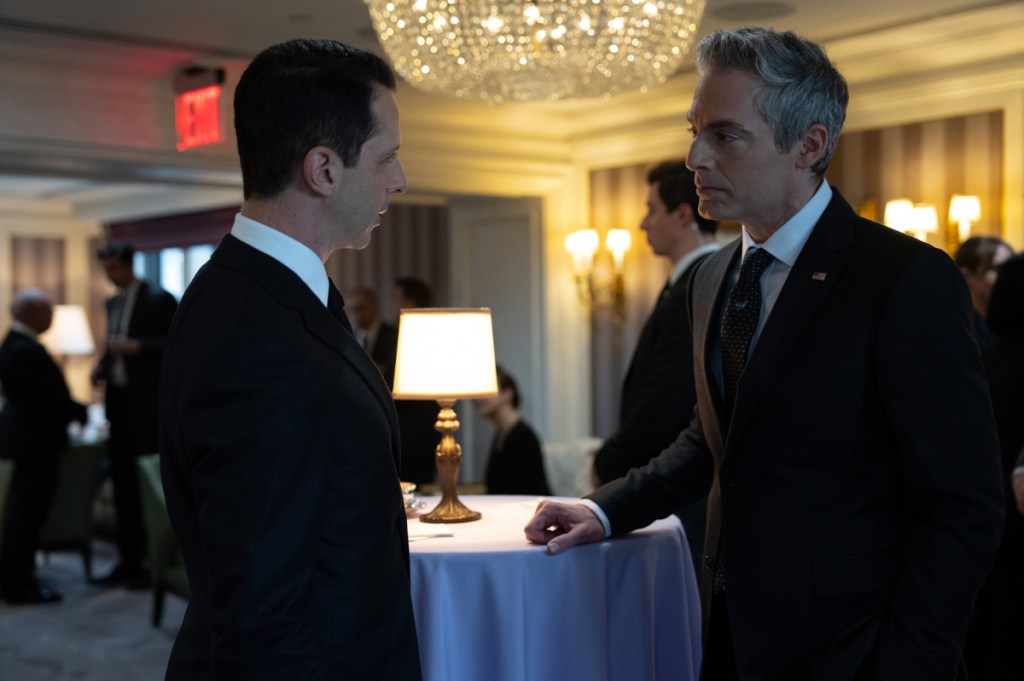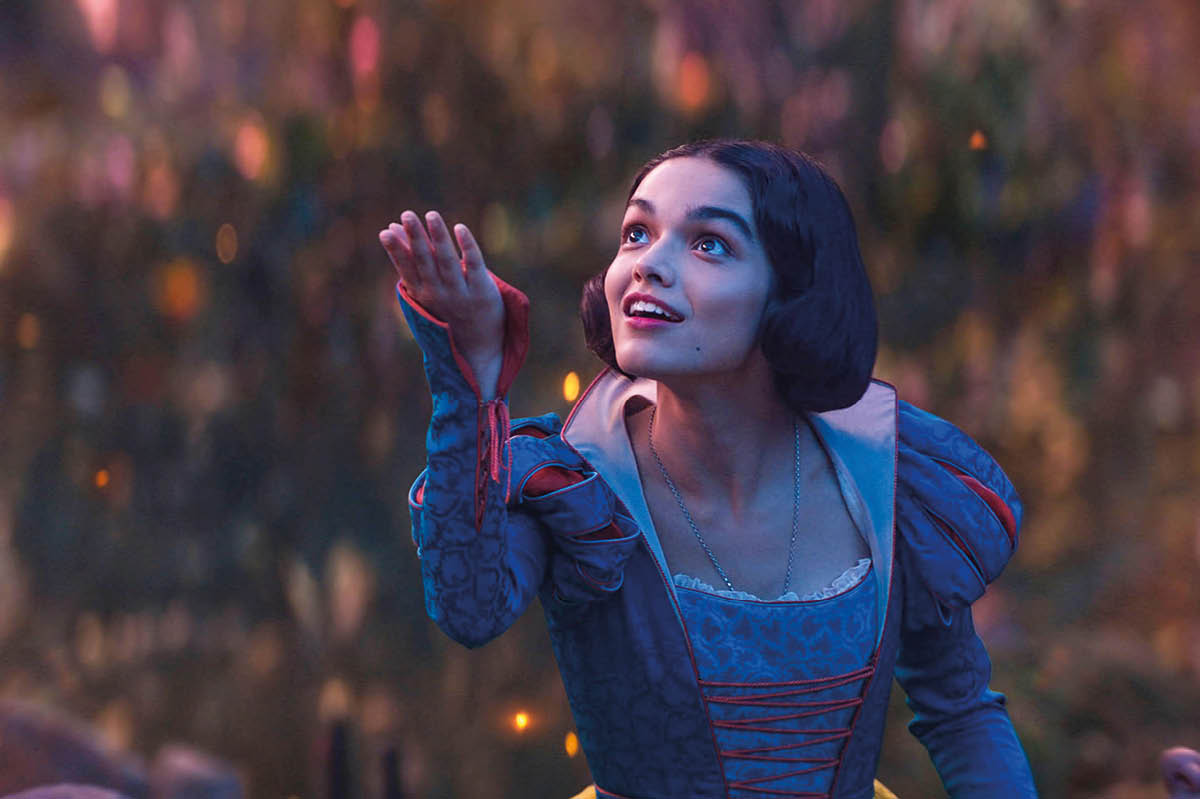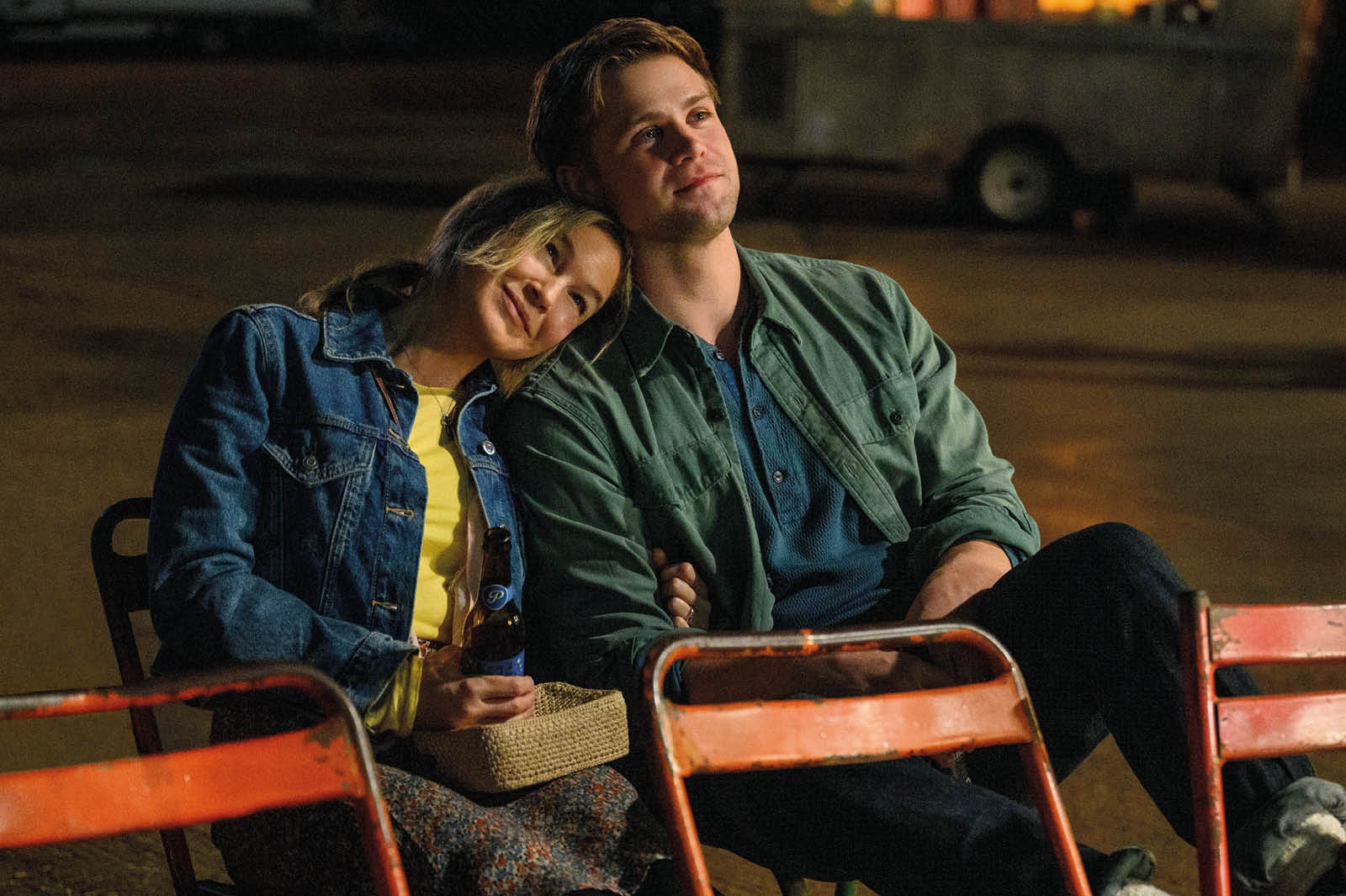This post contains Succession season four spoilers.
Succession is probably the most realistic of the prestige TV shows. Instead of shows like The Sopranos and Yellowstone that try to raise the emotional stakes by leaving us with a body count every episode, I like how Succession delves deep into one or two complex situations every season, letting them marinate over time, much like how a major business acquisition might play out in the real world. The Sopranos is possibly the best show ever made, but I don’t actually believe that a real-life mob boss has to deal with the number of unique life-or-death situations that Tony Soprano does every week. Succession seems like a more realistic portrayal of the amount of drama, and type of drama, you would actually find in the high-stakes business world.
This also extends to the drama of a network decision desk on election night, as portrayed in last week’s election episode. I haven’t personally been inside a network decision desk, but as someone who’s experienced the ebbs and flows of numerous election nights, the pacing and feel of the ATN newsroom that night felt exactly like that of a knife’s edge election like 2000 or 2016.
But if Succession seems to nail the internal dynamics at a place like Waystar Royco really well, what it doesn’t do nearly as well is capture the outside world’s reaction. Perhaps intentionally, the entire cast seems to exist inside a sterilized bubble. Very rarely do people outside the Roys’ immediate inner circle make an appearance, and when they do the treatment is not very convincing. This also goes for the fallout from Tom acting at Roman’s behest to call Wisconsin — and thus the election — for right-wing populist candidate Jeryd Mencken.
Would PGN and other mainstream news outlets have called the election for Mencken?
The election episode revolves around a realistic and terrifyingly worst-case scenario of a firebombing of a vote center in Milwaukee. One hundred thousand mail-in ballots have been destroyed, and at one point Shiv and the decision desk guy (clearly based on Fox’s Arnon Mishkin) argue that if they fell along similar lines as Milwaukee ballots generally do, they would flip the state from red to blue. On election night, there is talk of a re-vote, a remedy almost without precedent and one which would be thoroughly litigated in court. Regardless of the likelihood of the Democrats’ legal challenges succeeding or not, no network decision desk in their right mind would call a state under these circumstances.
Of course, the Waystar brass goes ahead and does that just that. In the episode, this has the feel of an impulsive and ballsy outlier move, and the presumption is that it might shift the Overton window just enough so that other news nets follow and go along in declaring Mencken as president-elect. There’s even an ATN chyron calling Mencken the “president-elect” and giving his “victory” speech. The hope here is that Mencken, thanks to the solid Roman has done him, will step in and block the Matsson acquisition.
On its own, this is a plausible storyline. What’s not plausible is that PGN, the “mainstream” CNN-ish network, and other mainstream news organizations would actually play along. And if they didn’t, Mencken would not have legitimacy as president-elect, at least not yet. ATN would have stood alone, with only Mencken’s ATN-viewing base believing he’d won. Not until the Supreme Court ruled on the spoiled Wisconsin ballots would there have been any certainty on the next president. Of course, there’s an exact precedent for this: in 2000, with the Court’s ruling in Bush v. Gore.
The show leaves the question of Mencken’s legitimacy ambiguous. Is it 2000, with both sides girding for a protracted legal battle, or 2016, when the unthinkable has in fact happened and a far-right populist (legitimately) won the election? The actions of protesters in this week’s episode suggest it’s more the latter than the former, and that Mencken has actually won a tainted victory that’s kicked off violent protests in major cities. Other media outlets question the ATN call — from a PGN scoop dishing on Tom to a two-page tick-tock in the New York Times — but do they actually go along with it, or don’t they?
This question matters, because without Mencken as the president, or with significant uncertainty as to whether he was elected or not, he’s not yet in a position to decide the future of Waystar Royco. And this plot device appears to be the entire lead-up into the finale.

Is this how the day after the craziest election in US history would go?
The day after the election happens to be Logan Roy’s funeral, with Jeryd Mencken in attendance. Day one of a legal contest following an election is probably the nuttiest day you’ll have as a candidate, but it makes sense that he would the attend a funeral for as towering a figure as Logan Roy. If anything, his staff would want to give him a break, and it gives him a chance to look presidential.
But everything else about this doesn’t make sense. Like, where is Mencken’s Secret Service detail? Why doesn’t he seem to have a significant entourage? Why wouldn’t there be metal detectors at the entrance of the church? With a major presidential candidate in attendance and protests in the area, why don’t the police appear to have blocked off the street? And why do the protests appear to be just random, and not more directed at the Waystar/ATN brass responsible for Mencken’s rise? There was a scene where the siblings’ car is roughed up by protesters, but this seems to happen purely at random, and the protesters move on. The show could have heightened the sense of danger that the family was in as a result of the election call. Instead, any inkling of this is limited to a fight between Kendall and his ex-wife, or Roman deliberately wandering into a mass of protesters at the end of the show. If he’d walked the other way, he would have remained untouched.
That’s a metaphor for how the entire show treats the external consequences of the show’s protagonists. When it comes to the outside world, the siblings appear to be passive bystanders, anonymous trust fund kids, rather than the celebrities they would probably be in the wake of Logan’s death. Tom and ATN have made an election call that have plunged the nation into crisis, but they move about Manhattan the next day as if though they were hedge fund managers mildly inconvenienced by bandana-wearing antifa roaming about. A major part of their existence is not only the internal drama which is the rightful focus of the show, but the external pressures that celebrity status and media attention bring, but we rarely if ever get a sense of the latter.
Going to back to Jeryd Mencken, while it makes sense for him to make an appearance at Logan’s funeral, why on Earth is he milling about hours later at the reception? And doing so standing in one corner of the room, alone? Doesn’t he have better things to do that day? Doesn’t he have people he can hand this off to? The question of Waystar’s succession is indeed an important one for Mencken’s media strategy, but wouldn’t Mencken be more preoccupied with actually being able to take office? Or, plan his transition or hold a news conference, which is what normal presidents-elect would do the day after the election?
Mencken is loosely based on Donald Trump, so perhaps he’s following his model of direct personal engagement with media executives. But the context here is off. The day after the election would have any president-elect reigning supreme, not milling about at a cocktail party. In Maggie Haberman’s Confidence Man, we get a readout of a meeting where Trump grills Rupert Murdoch about his successor — actually getting an answer out of him. But this is a thirty-minute or hour meeting on any other day in the Oval Office. Even a question this important would have to wait for another day — a day when the United States’ succession drama is actually settled. It’s totally implausible to imagine the question of the new administration’s competition policy being all-consuming the day after the election, especially under those circumstances. And that violates the realism or near-realism we have come to expect from the series, even in how it’s treated politics for most of its run.
This article was originally published on Patrick Ruffini’s Substack, the Intersection.





















